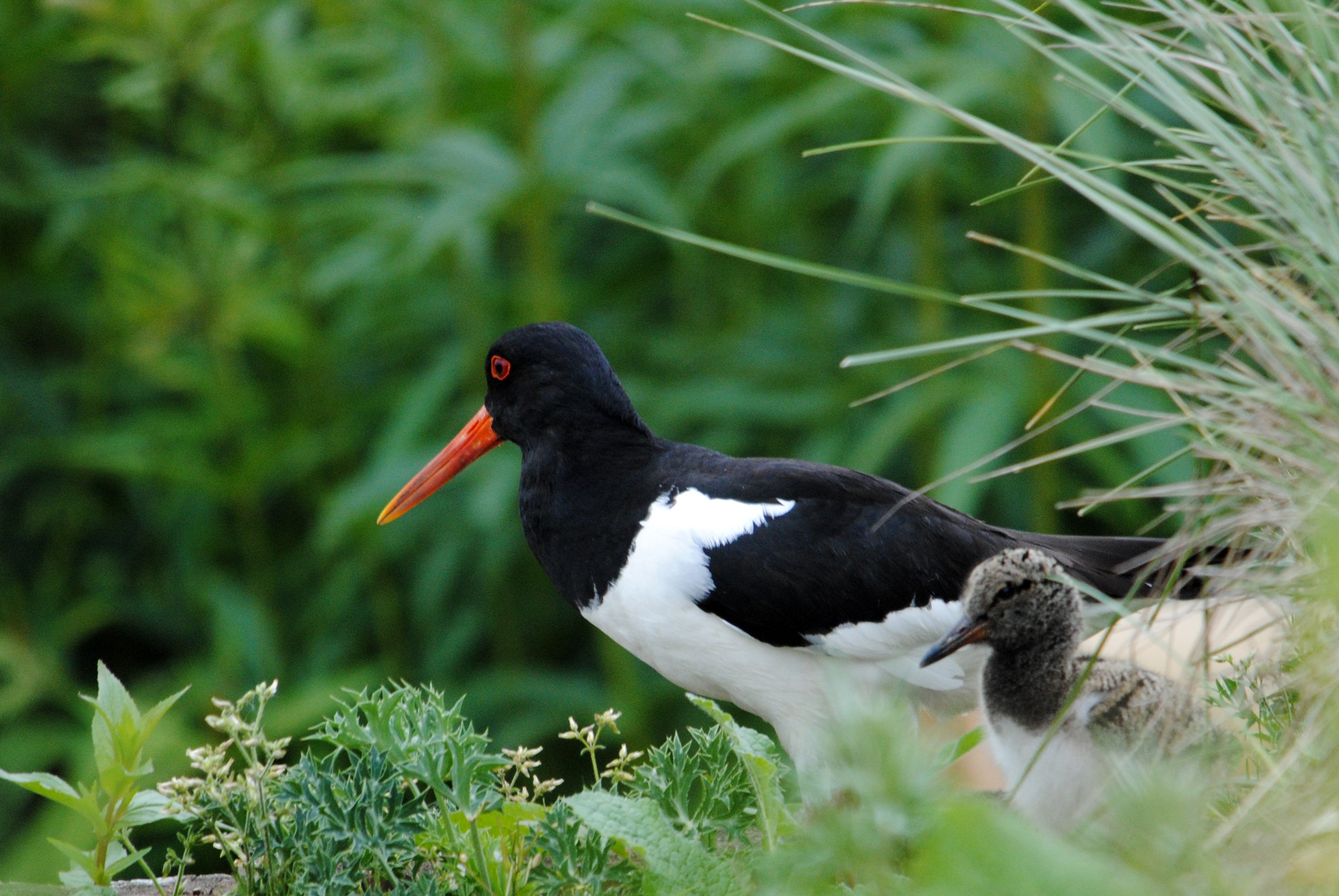Keep dogs on short leads to protect ground-nesting birds – Wildlife Trusts
Threatened birds such as skylarks and curlew nest on the ground in the countryside.

Your support helps us to tell the story
From reproductive rights to climate change to Big Tech, The Independent is on the ground when the story is developing. Whether it's investigating the financials of Elon Musk's pro-Trump PAC or producing our latest documentary, 'The A Word', which shines a light on the American women fighting for reproductive rights, we know how important it is to parse out the facts from the messaging.
At such a critical moment in US history, we need reporters on the ground. Your donation allows us to keep sending journalists to speak to both sides of the story.
The Independent is trusted by Americans across the entire political spectrum. And unlike many other quality news outlets, we choose not to lock Americans out of our reporting and analysis with paywalls. We believe quality journalism should be available to everyone, paid for by those who can afford it.
Your support makes all the difference.Dogwalkers are being urged to keep their pets on a short lead to help protect ground-nesting birds in wild places this spring and summer.
Threatened birds such as skylarks and curlews, as well as species including nightjars, willow warblers, oystercatchers and little terns nest on the ground in moorland, heathland, woods, meadows, beaches and coastal areas.
The Wildlife Trusts’ call to keep dogs on a short lead to protect fragile nests and eggs has been backed by James Brittain-McVey, lead guitarist of The Vamps, dog owner and ambassador for the coalition of wildlife charities.
He said: “I’ve learnt, as a rescue dog owner, the importance of keeping your dog under control at all times.
“And at this time of year, it’s especially important to remember that we can all play our part in helping birds breed successfully by keeping dogs on short leads in wild places – especially when so many species are having such a hard time.”
James Byrne, landscapes recovery programme manager for The Wildlife Trusts, said: “Allowing dogs to run wild in nature reserves can be devastating for wildlife, particularly in spring when species are breeding and vulnerable.
“We’re asking dog walkers to be sensitive by keeping their animals on short leads, sticking to paths, and properly disposing of dog poo.
“Wildlife is already under enormous pressure – let’s all keep dogs in check so as not to make things worse.”
Nests and young on the ground can be at risk of disturbance, trampling or other damage.
Keeping dogs under control can also protect wildlife from snakes to seals, as well as livestock such as sheep.
Dogs disturbed seals at Cumbria Wildlife Trust’s South Walney nature reserves earlier this year and the charity fears seal numbers are down as a result.
Other wildlife trusts have experienced problems with dogs chasing grazing livestock, with several sheep recently attacked at a nature reserve looked after by Gwent Wildlife Trust in South Wales.
The Wildlife Trusts is highlighting that dogs must be kept on a lead no longer than two metres between March 1 and July 31 on open access land to protect ground-nesting birds.
And some beaches have cordoned-off areas to protect some of the rarest birds’ nests – but the charities say it is best to keep dogs on leads on all beaches and the wider countryside until chicks have fledged in September.
Some trusts also ask dog walkers to avoid some of their nature reserves because the wildlife there is too rare or fragile and needs special protection – so visitors should check an individual reserve’s website before visiting for the first time.
The trusts also said dogs should be on a lead around grazing animals, although it is safer to let your dog off a lead if you are chased by cows or horses.